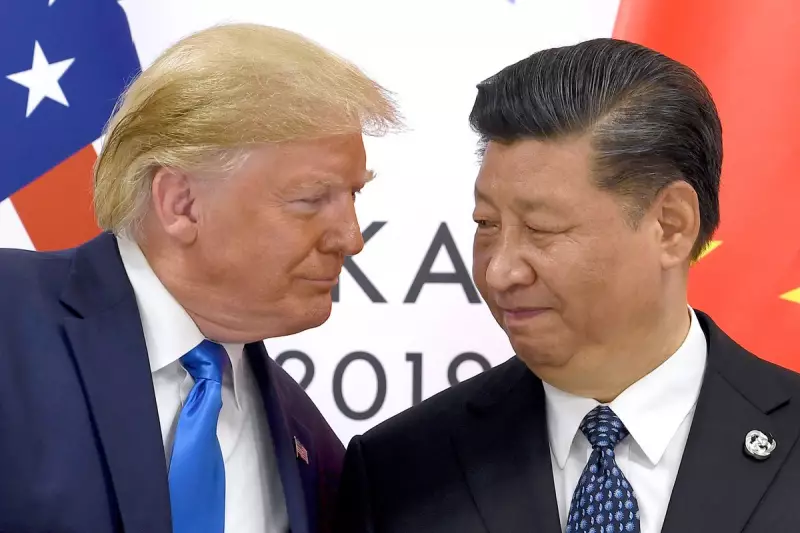
In a bold economic manoeuvre that could redefine US-China relations, allies of former President Donald Trump are developing controversial plans to compel Beijing to invest staggering sums in American markets should he secure a second term.
According to exclusive reports, Trump advisors led by hedge fund manager Scott Bessent are crafting proposals that would pressure China into purchasing over $2 trillion worth of US assets. This radical approach marks a significant escalation in economic strategies toward Beijing.
The Key Players Behind the Strategy
Scott Bessent, founder of Key Square Group and a longtime Trump confidant, has emerged as a central figure in developing these unconventional economic policies. Bessent, who served on Trump's 2016 transition team, brings substantial Wall Street credibility to the planning process.
The proposed mechanism would involve threatening to revoke China's most-favoured-nation trading status, a move that would dramatically increase tariffs on Chinese imports unless Beijing agrees to massive US investment commitments.
Potential Global Economic Implications
This aggressive stance represents a fundamental shift in how Washington might approach economic relations with Beijing:
- Forced investment of approximately $2 trillion in US stocks and bonds
- Potential revocation of China's preferential trade status
- Significant escalation of economic pressure tactics
- Possible retaliation from Beijing affecting global markets
Financial analysts suggest such measures could trigger substantial market volatility and reshape international investment flows. The proposal comes amid ongoing tensions between the world's two largest economies, spanning trade disputes, technology restrictions, and geopolitical rivalries.
Political Context and Timing
With the 2024 presidential election approaching, these developing plans signal the economic direction a potential Trump administration might pursue. The strategy appears designed to address longstanding concerns about trade imbalances while simultaneously attempting to boost US financial markets.
However, critics warn that such coercive economic tactics could backfire, potentially damaging international confidence in US markets and triggering broader economic consequences.
The Trump campaign has yet to officially confirm these specific proposals, but multiple sources indicate that planning for a potential second term's economic agenda is well underway.





